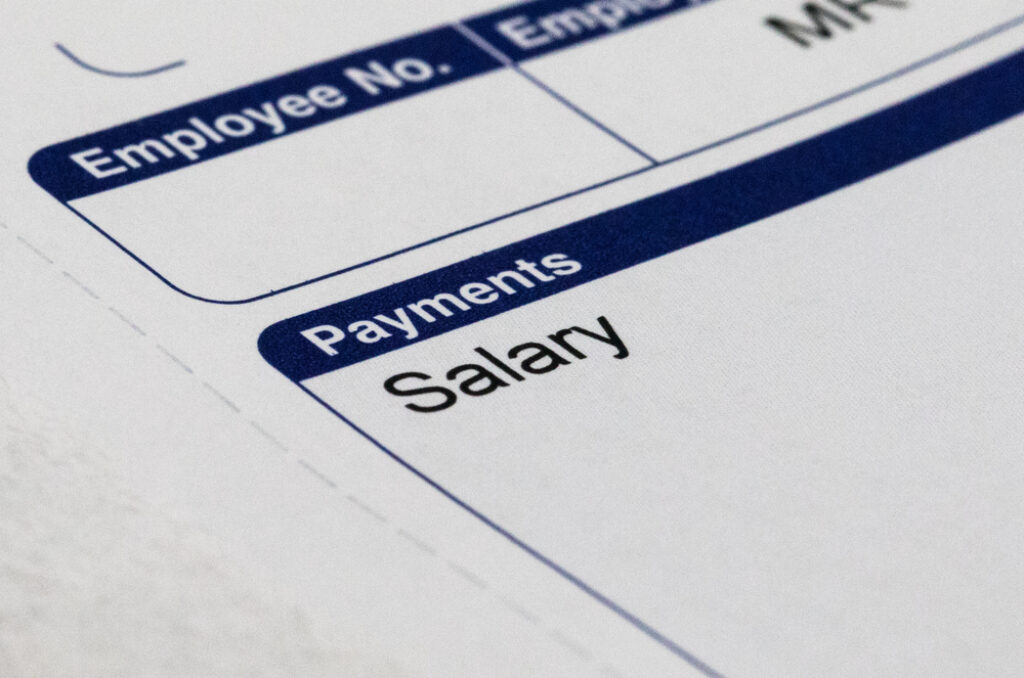Pay increases are outpacing inflation and delivering real-term benefits to employees, according to the Office for National Statistics (ONS).
In its latest data on the labour market, the ONS found that annual growth in total earnings (including bonuses) was 5.8% in October to December 2023, while growth in regular earnings (so excluding bonuses) was 6.2%.
After inflation was accounted for, this meant real terms increases of 1.4% and 1.8% respectively.
Alongside pay increasing, the number of vacancies has continued to fall. The ONS found that between November 2023 and January 2024, the estimated number of vacancies dropped by 26,000 to 932,000, the 19th straight drop, which is the longest ever recorded.
However, the ONS noted that the drops are slowing, with the latest fall the smallest seen since May to July 2022.
Meanwhile the employment rate is up over both the year and the quarter at 75%, while unemployment has dropped to 3.8%, the same rate as a year ago.
Jobs market is cooling
Sarah Coles, head of personal finance at Hargreaves Lansdown, pointed out that wage rises have slowed “dramatically”, noting that, if wages continue to grow at their current rate, they would be up just 2.2% in a year.
She also highlighted the “spike” in redundancies, which have risen in recent months. “This could be a blip, but is well worth watching to see whether more structural weakness in the jobs market is on the way. The Office for Budget Responsibility has been predicting a rise in unemployment, and we will have to wait to see whether these are early signs of worse to come,” she concluded.
Martin Beck, chief economic adviser to the EY Item Club, said that there were signs of a “cooling jobs market”, with pay growth slowing alongside smaller vacancy levels.
He added that “falling inflation will continue to press on both workers’ pay demands and employers’ willingness to agree to significant pay rises”, with the Bank of England (BoE) likely to start cutting the base rate from May.





